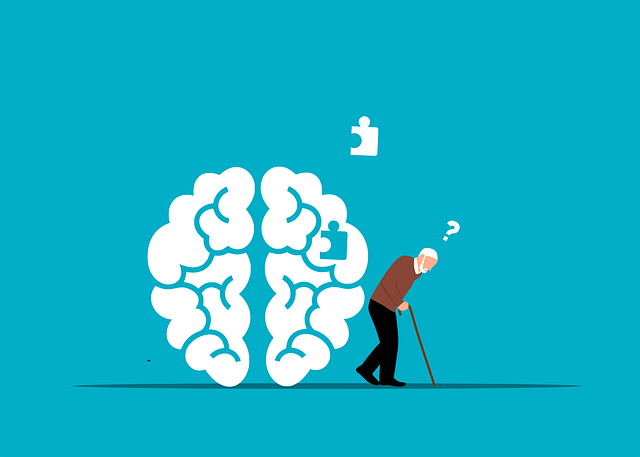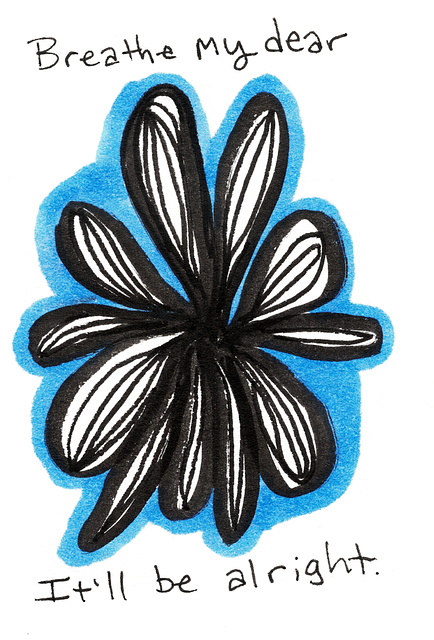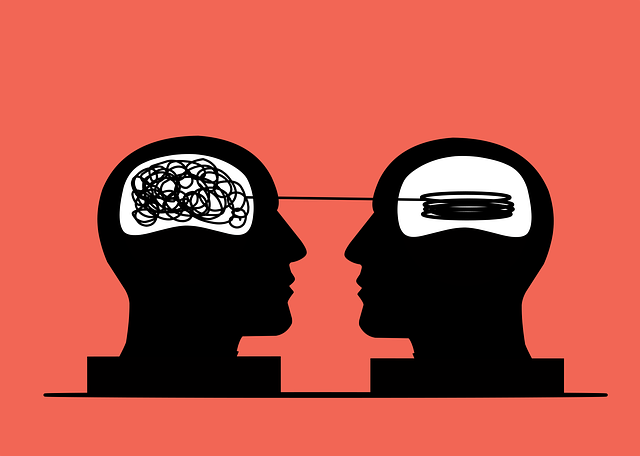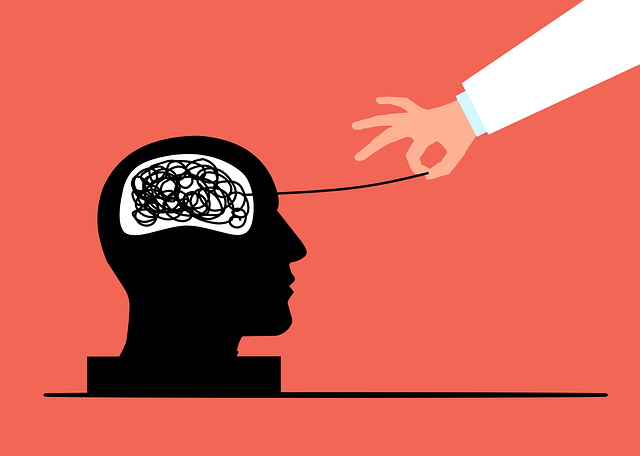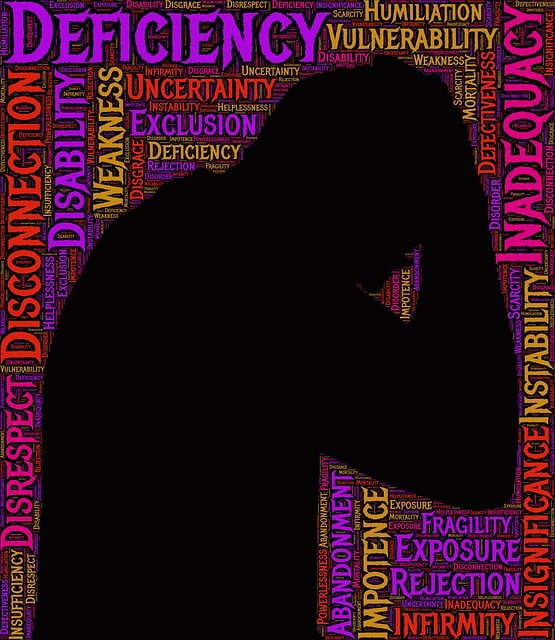Arvada Mental Health Evaluations Therapy is a critical component of effective mental wellness care, offering comprehensive assessments using standardized tools and interviews. These evaluations guide tailored therapeutic interventions and inform community mental health policies by identifying trends, reducing stigma, and shaping targeted trauma support services. By integrating quantitative (e.g., BDI, GAF) and qualitative methods (surveys, interviews), mental health professionals gain a holistic view of program impact, enabling continuous improvement in care delivery and education initiatives. This data-driven approach leads to personalized, supportive environments that foster client growth and recovery in Arvada.
Evaluating mental wellness programs is essential for ensuring their effectiveness. This article explores powerful methods, beginning with an introduction to Arvada Mental Health Evaluations as a foundational tool for tailoring therapeutic approaches. We delve into assessing impact through various program evaluation techniques and highlight the significance of continuous improvement using feedback loops. By implementing these strategies, mental health professionals can optimize programs, fostering better outcomes for clients. Discover how these methods enhance Arvada Mental Health Evaluations therapy, ultimately benefiting individuals seeking support.
- Understanding Arvada Mental Health Evaluations: A Foundation for Effective Therapy
- Assessing Impact and Progress: Methods for Program Evaluation
- Continuous Improvement: Utilizing Feedback Loops for Optimal Mental Wellness Programs
Understanding Arvada Mental Health Evaluations: A Foundation for Effective Therapy

Arvada Mental Health Evaluations serve as a foundational step in effective therapy, offering a comprehensive understanding of an individual’s mental well-being. These evaluations go beyond surface-level assessments by delving into various aspects of one’s psychological state, including mood, thoughts, behaviors, and overall functioning. Trained professionals utilize standardized tools and interviews to gather insights, enabling them to tailor therapeutic interventions to specific needs. By addressing underlying issues and promoting healthy coping strategies, Arvada Mental Health Evaluations lay the groundwork for successful treatment journeys.
In the context of a broader mental health policy analysis and advocacy, these evaluations play a crucial role in identifying trends and gaps within the community. Data collected through such assessments can fuel stigma reduction efforts by providing evidence-based insights into mental illness prevalence and impact. Moreover, they inform the development of targeted trauma support services, ensuring that individuals experiencing distress receive appropriate care. This holistic approach to mental health evaluation facilitates better resource allocation and ultimately contributes to improved access to quality therapy.
Assessing Impact and Progress: Methods for Program Evaluation

Evaluating the impact and progress of mental wellness programs is paramount to understanding their effectiveness. This process involves a multifaceted approach, integrating quantitative and qualitative methods tailored to specific program goals. One key method is tracking participant outcomes over time, measuring improvements in symptoms like anxiety and depression using standardized tools such as the Beck Depression Inventory (BDI) or the Global Assessment of Functioning (GAF). These assessments, conducted at regular intervals, provide a clear picture of individual progress and overall program success.
Additionally, qualitative feedback from participants through surveys, interviews, or focus groups offers valuable insights into their experiences with the program. This approach helps identify areas of strength and weakness in the program design, particularly regarding emotional regulation strategies taught. By combining these evaluation methods—Arvada Mental Health Evaluations, therapy-specific metrics like BDI scores, and participant feedback—mental health professionals can gain a comprehensive understanding of the program’s impact on individual well-being and inform the continuous improvement of mental health education programs.
Continuous Improvement: Utilizing Feedback Loops for Optimal Mental Wellness Programs

In the realm of mental wellness programs, continuous improvement is paramount to optimal effectiveness. One powerful method driving this process is the integration of feedback loops. By regularly gathering and analyzing participant feedback, program coordinators can identify areas needing enhancement and make data-driven adjustments. This iterative approach ensures that Arvada Mental Health Evaluations Therapy remains relevant and tailored to the evolving needs of its clients.
Through continuous improvement, programs can better incorporate effective strategies such as Conflict Resolution Techniques, Mood Management, and Coping Skills Development. By listening to participant experiences and incorporating their insights, therapists can create a more engaging and supportive environment that fosters growth and recovery. This dynamic process ultimately leads to enhanced program outcomes and improved mental wellness for those seeking support in Arvada.
Arvada Mental Health Evaluations serve as a robust foundation for effective therapy, providing a clear understanding of individuals’ mental wellness needs. Assessing impact and progress through structured methods allows for the continuous improvement of mental wellness programs, ensuring they remain optimal and tailored to participants’ evolving requirements. By utilizing feedback loops, these evaluations not only enhance the effectiveness of therapy but also foster a dynamic environment that supports long-term mental health and well-being.




